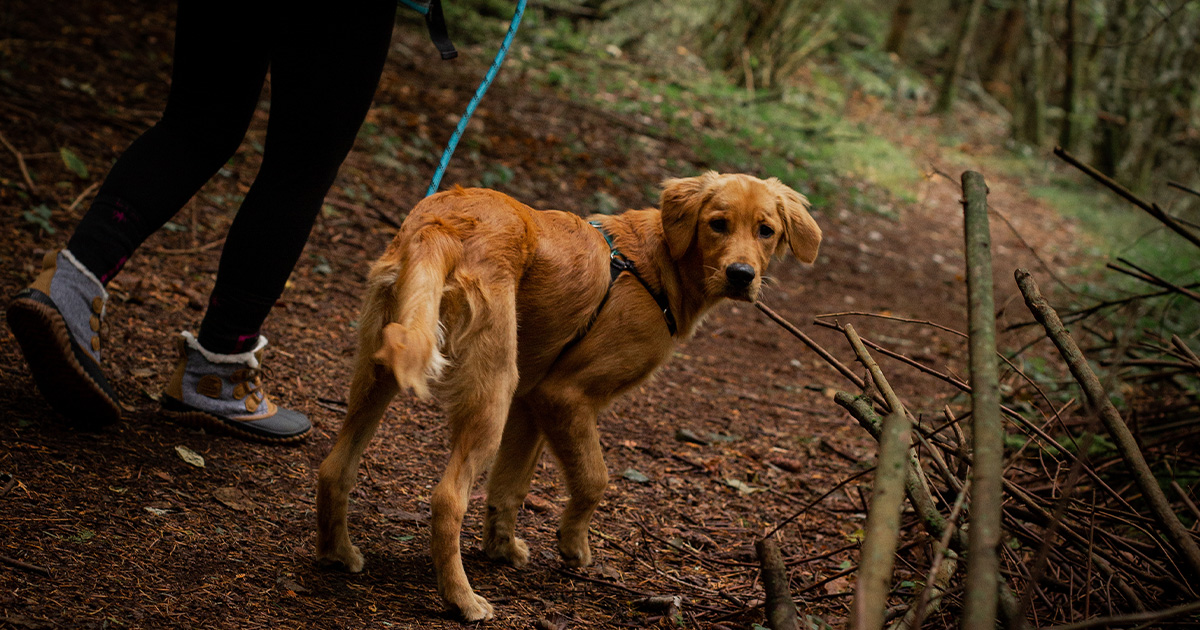
There are a range of considerations when choosing a dog walker, such as experience, cost, services offered, and location. However, one of the most important things to think about is whether a dog walker contract needs to exist between the dog walker and the client.

What is a dog walking contract?
In the case of a dog walker, this would be a legally binding agreement to provide dog walking services in exchange for payment.
A contract does not have to be in writing (i.e. it can be a spoken agreement) but it is better written down so a clear and unambiguous record of what was agreed exists.
It may not always be essential for a contract to be signed by both parties, but that will depend on the circumstances.
Why is it better to have a contract?
While dog walkers are not legally obliged to have a contract in place between themselves and their clients, it is always good practice to do so.
A contract should clearly set out what is expected of each party. This sets the relationship up on a positive footing and removes any ambiguity.
If something does go wrong, the contract acts as a clear reference point for liability; each party knows what they need to do. It also demonstrates that the dog walker takes their responsibilities seriously and knows their legal obligations.
The absence of a contract can increase the risk of disagreement and dissatisfaction, and lead to assumptions that may later be unprovable, e.g. the client believing that their dog will always be walked a specific daily distance or in the absence of other dogs.
Without a contract, it’s difficult to establish who may be at fault. Had a contract existed from the outset, there would have been more incentive from the beginning for both parties to be clear on the terms of the provided service, and for those terms to be adhered to.

What should be included in the contract?
While the main focus of the dog walking contract will cover the provision of dog walking services, there are associated concerns that should also be addressed.
It’s a good idea to be clear on how the dog walking services will be provided. For example:
- Will the dog be in a group or on its own?
- How long and how often will the dog be walked?
- Where will the dog be walked?
- Will the dog walker collect and return the dog?
In addition, other contractual details should be provided, including:
- the date of the agreement
- the names of both parties
- any additional services the dog walker will provide (e.g. dog boarding)
- whether the dog walker will administer any necessary medication
The contract should also include details of the dog, such as name, age, breed, colour, health conditions, dates of most recent vaccinations, etc.
The fee to be charged is also an important inclusion. Any details of variable pricing (e.g. weekend rates) should be stated, along with when payment is due, and how payment should be made.

Finally, the contract should contain clauses that set out specific policies, such as:
- cancellation of services
- what to do in an emergency
- whether photos of the dog will be used on social media
- what will be covered by the dog walker’s insurance policy, in the event a claim needs to be made
Reliable dog walking insurance providers
A professional dog walker who cares about their reputation will understand the wisdom and value of having appropriate dog walking insurance from a reputable insurer.
For nearly two decades, Pet Business Insurance have specialised in the provision of insurance for a range of small- and medium-sized pet businesses, including professional dog walkers.
In addition to covering your liability for damage or injury caused to third parties, and claims arising from accidents or injuries to animals in your care, we also provide protection for risks specific to dog walking, such as loss of a client’s house keys.
Optional cover is also available if needed, such as vet fees that may arise from a dog in your care falling ill.
To discuss your dog walking insurance requirements, get in touch with Pet Business Insurance today. Call 01284 736 874, or complete our online enquiry form.